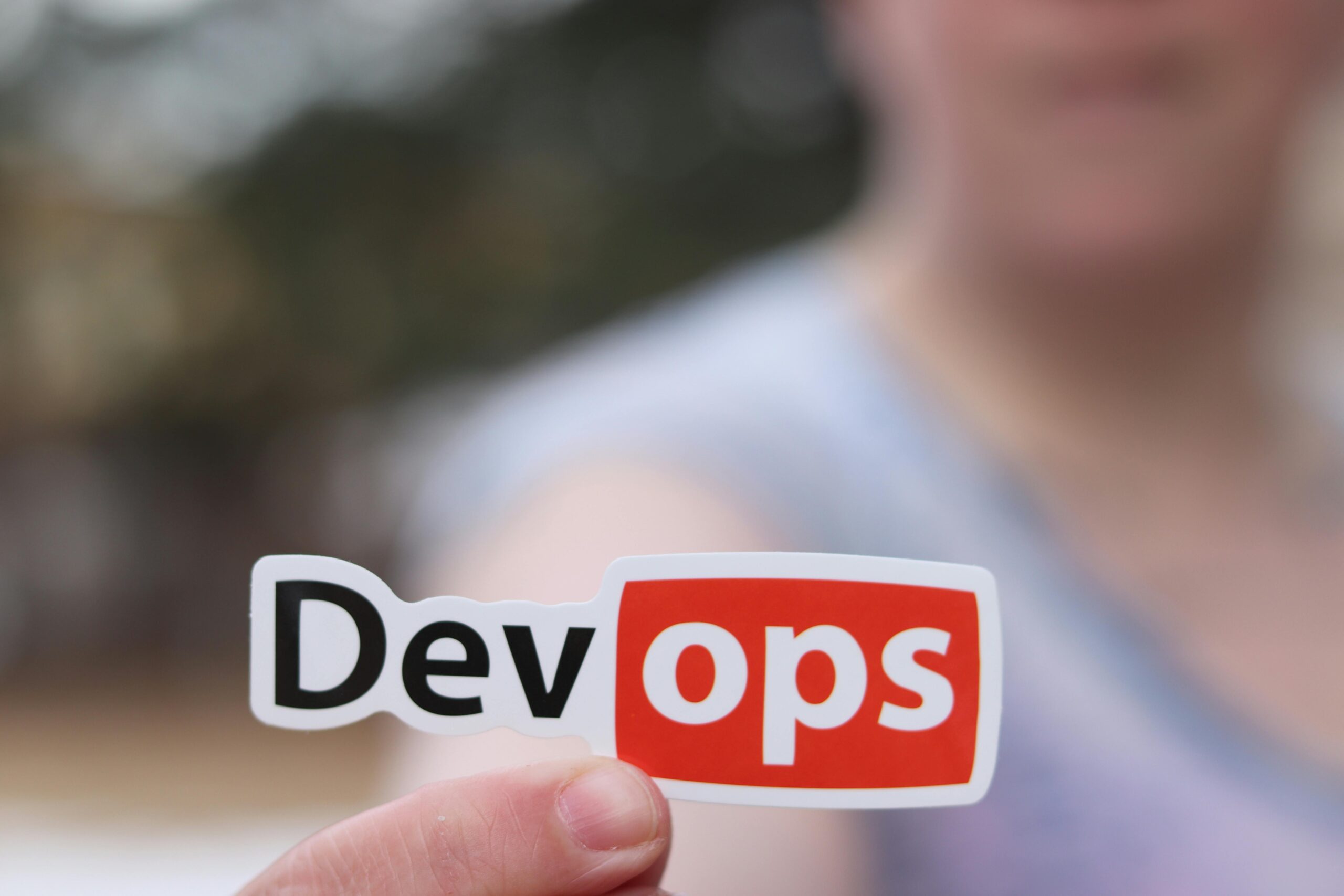DevOps Training in Chandigarh
Introduction
In the ever-evolving landscape of software development, DevOps has emerged as a transformative approach, bridging the gap between development and operations.
This methodology emphasizes collaboration, automation, and continuous improvement, revolutionizing how software is developed, deployed, and maintained. For professionals and organizations aiming to stay competitive, mastering DevOps training in Chandigarh is crucial.
Chandigarh, with its burgeoning IT sector and advanced educational facilities, provides an ideal setting for acquiring DevOps skills. This article explores the fundamentals of DevOps,
its applications, its role in the software lifecycle, security considerations, choosing the right tools, and the advantages of adopting DevOps practices.
What is DevOps?
DevOps is a cultural and technical movement that seeks to unify development (Dev) and operations (Ops) teams to enhance the efficiency and quality of software delivery.
By breaking down traditional silos and fostering a culture of collaboration, DevOps aims to improve the speed and reliability of software development. Key components of DevOps include:
Continuous Integration (CI): A practice where developers frequently integrate their code changes into a shared repository. CI helps identify integration issues early and maintains a stable codebase.
Continuous Delivery (CD): Automates the deployment process, allowing code changes to be delivered to production quickly and reliably. CD reduces manual effort and the risk of deployment errors.
Infrastructure as Code (IaC): Manages and provisions infrastructure using code and automation tools. IaC ensures consistent and repeatable infrastructure setups, making environment management more efficient.
Monitoring and Logging: Involves tracking application performance and logging data to proactively detect and address issues. Continuous monitoring provides valuable insights into application health and user experience.
Where is DevOps Used?
DevOps practices are versatile and applicable across various domains, enhancing efficiency and reliability in diverse scenarios:
Web Development: DevOps accelerates web application development by facilitating frequent updates and scaling. It ensures rapid deployment and continuous integration of new features.
Mobile Applications: DevOps supports mobile app development by automating testing and deployment processes, allowing for quick iterations and updates based on user feedback.
Cloud Services: In cloud computing, DevOps streamlines cloud infrastructure management, offering scalability and flexibility while automating deployment processes.
Enterprise Systems: Large organizations utilize DevOps to manage complex enterprise systems, integrate diverse technologies, and ensure smooth and reliable operations.
DevOps and the Application Lifecycle
DevOps has a profound impact on the application lifecycle, transforming traditional practices into a more integrated and efficient process:
Development: DevOps fosters collaboration between development and operations teams, promoting practices such as CI to catch issues early and streamline the integration of code changes.
Testing: Automated testing tools are integrated into the CI/CD pipeline, ensuring thorough and consistent testing of code changes to enhance quality and reliability.
Deployment: CD automates the deployment process, enabling faster and more reliable releases. This reduces the risk of errors and minimizes downtime during deployment.
Operations: DevOps extends into operations by focusing on continuous monitoring and feedback, managing and optimizing application performance post-deployment.
Feedback and Improvement: DevOps encourages a feedback loop where performance metrics and user feedback are continuously gathered, informing ongoing improvements and enhancements.
DevOps Security and DevSecOps
Security is a critical aspect of modern DevOps practices, leading to the development of DevSecOps.
This approach integrates security into every phase of the DevOps process:
Security Integration: DevSecOps incorporates security practices into the CI/CD pipeline, ensuring that security checks are part of the development and deployment workflows.
Automated Security Testing: Automated tools are used to perform security scans and vulnerability assessments, identifying and addressing security issues early and continuously.
Compliance and Governance: DevSecOps ensures that applications meet regulatory and compliance requirements by incorporating security and governance checks into the development process.
How to Find the Right DevOps Tools?
Selecting the appropriate DevOps tools is essential for effective implementation. Here are some guidelines for choosing the right tools:
Compatibility: Ensure that the tools integrate seamlessly with your existing development and operations environments, facilitating smooth workflows and collaboration.
Functionality: Choose tools that address specific needs within your DevOps processes, such as CI/CD, monitoring, or IaC.
Scalability: Opt for tools that can scale with your organization’s growth and adapt to increasing complexity and demands.
Community and Support: Consider tools with strong community support and comprehensive documentation, providing valuable resources
and assistance for troubleshooting and continuous improvement.
Features and Advantages of DevOps Practices
Adopting DevOps practices offers several benefits that enhance software development and delivery processes:
Increased Efficiency: Automation of repetitive tasks and improved collaboration between teams streamline workflows, reducing manual effort and boosting productivity.
Faster Time-to-Market: Continuous integration and delivery enable rapid release cycles, allowing organizations to quickly respond to market changes and user needs.
Enhanced Collaboration: DevOps fosters a collaborative culture between development and operations teams, breaking down silos and promoting shared goals and responsibilities.
Higher Quality: Automated testing and continuous feedback contribute to higher software quality by catching defects early and ensuring reliable releases.
Greater Reliability: Continuous monitoring and proactive issue resolution enhance the reliability and stability of applications, minimizing downtime and performance issues.
Conclusion
Enrolling in DevOps course in Chandigarh represents a strategic investment for professionals and organizations looking to excel in the modern software development landscape.
DevOps methodologies, including continuous integration, continuous delivery, infrastructure as code, and robust monitoring, provide a comprehensive framework for improving
efficiency, collaboration, and software quality.
Chandigarh, with its thriving IT ecosystem and top-tier educational institutions, offers an excellent environment for mastering DevOps. By understanding the core principles of DevOps,
its applications across various domains, its impact on the application lifecycle, and the importance of integrating security through DevSecOps, individuals can acquire valuable skills and insights.
Investing in DevOps training in Chandigarh equips you with the knowledge and expertise to drive innovation and efficiency in your organization, positioning you at the forefront of contemporary
software development practices. Embrace the opportunity to learn DevOps and revolutionize your approach to software development and operations, paving the way
for a successful career in this dynamic field.


